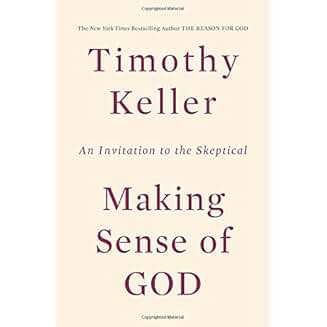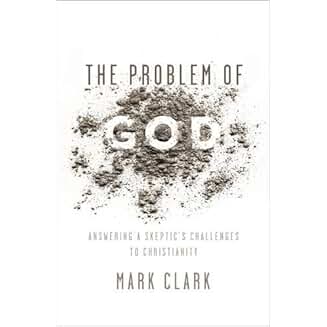SEEKING ALLAH, FINDING JESUS: A Devout
Muslim Encounters Christianity
By Nabeel Quresh
Seeking Allah, Finding Jesus is a brilliant, profound book that will inform and
teach all of us many things. It surprised me how carefully children in Muslim
families are taught the history and doctrines of their faith on a daily basis.
Nabeel Quersh grew up in the United States
Quersh tells the story of
his life from childhood to college and beyond. He was sheltered – not allowed
to go to overnights or parties in high school and commuted in college until his
senior year. His best friend through high school and college was a strong
Christian. Their friendship is beautiful, real and fun and their discussions
lead to Quersh thoroughly studying his faith and the Christian faith and
digging into the historical proofs of each one. He shares his painful struggles
about how hurt and ashamed his family will be if he becomes a Christian. His
approach to each faith can inform us all.
The book includes additional
information from experts that is helpful. I was spell bound while
reading his story and highly recommend this book for all Christians and all
seekers.
Making Sense of God: An Invitation to the
Skeptical
By Timothy Keller
Making Sense of God is an excellent exploration and comparison of the beliefs of the
secular culture versus faith in God. Timothy Keller invites skeptics to read
and follow his logic. Keller has thoroughly researched the in and outs of
philosophy, history and religion as it applies to faith and he carefully
explains the reasons we can make sense of God. He suggests that we can’t live
without meaning, satisfaction, freedom, identity, hope and justice.
Part One
of the book is titled Why Does Anyone
Need Religion? Many skeptics believe religion will eventually go away.
Keller cites many facts to show the opposite is true; religion is growing.
Skeptics also believe religion is based on faith and secularism is based on
evidence. Keller shows that both faith and secularism are based on faith as
well as evidence.
Part Two, Religion is More than You Think It Is,
covers eight meaty chapters. In Chapter Six, The Problem of Self, I
particularly liked his comparison of an Anglo-Saxon warrior in Britain New
York
In Part Three, Christianity
Makes Sense, Keller shows that Christianity offers “A meaning that suffering cannot remove, a satisfaction not based on
circumstances, a freedom that does not hurt but rather enhances love, an
identity that does not crush you or exclude others, a moral compass that does
not turn you into an oppressor, and a hope that can face anything, even death.”
Pg 216 This section includes
information on the historical evidence about Jesus, his life, death and
resurrection. The qualities of Jesus and his claims are detailed beautifully. The Epilogue offers an illustration
that vividly demonstrates how God makes sense. This is an outstanding book.
The Problem of God: Answering
a Skeptic’s Challenges to Christianity
By Mark Clark
Through ten amazing chapters
Mark Clark explains and explores the questions many people have about God. I
have read a number of apologetic books and yet this book covered many aspects
of belief and unbelief I had not read about before. Clark came up with new and clear ways to explain and convince doubters that
God is real and powerful and Christ is the son of God. The chapter on Evil and
Suffering is outstanding. The problem of Hell is another brilliant chapter. He
even tackles the apparent Hypocrisy of believers and the Problem of
Exclusivity. And he ends with the Problem of Jesus.
The Story of Reality: How the World
Began, How It Ends, and Everything Important That Happens in Between
By Gregory Koukl
The Story of Reality is an amazing book giving clear and profound answers
to questions about our life on planet earth. Why are we here? Why is there
evil? Koukl says “Christianity is a picture of reality.” Every worldview has
four parts: creation, fall, redemption, and restoration. He compares worldviews
to puzzles and says that all the pieces have to fit together. Also, pieces from
a different puzzle can’t be mixed in. They were made for a different picture.
When the pieces are fitted together we can see the picture. He tells the story
of the Bible through five words: God, Man, Jesus, Cross, Resurrection. His
clear reasoning should help unbelievers and believers better understand the
story and come to faith in Christ or deepen their faith. This is a very helpful
book.
Blessings, Dottie




No comments:
Post a Comment